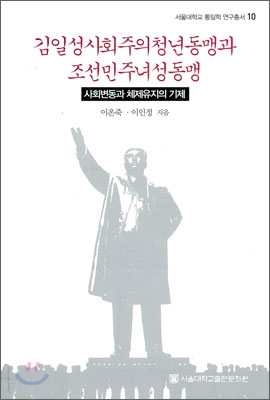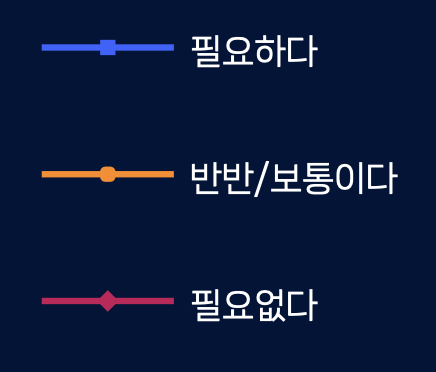The Kim Il Sung Socialist Youth League and the Korean Democratic Women’s Alliance (in Korean)

Seoul National University Unification Studies Series – 10
Authors: Lee On-Juk, & Lee In-Jeong, Seoul National University Publishing and Cultural Center
Book Introduction
Description: This book explores the possibility of change in North Korea through the lived world of North Korean women and young people.
Why don’t women and young people change North Korea? The death of Kim Il-sung, who was called the Great Leader, a series of natural disasters, and food shortages have all occurred in the last two decades. Despite the “Arduous March” of the 1990s, North Korea is attempting the world’s first socialist three-generation hereditary succession using military-first politics nuclear tests. The book examines the possibility and prospects of regime change, focusing on the “Kim Il-sung Socialist Youth League” and the “Korean Democratic Women’s Alliance,” which are important social integration mechanisms that maintain the North Korean regime.
According to the author, the direction of change in the North Korean regime will proceed in the future. By finding the factors that helped the North overcome socio-economic crises in the past, we can predict in advance how to deal with the crisis in the North, which is shaken by the current hereditary power succession. Furthermore, it is possible to predict the future course of the North Korean regime by carefully examining changes in its regime.
In order to overcome the limitations of data (always a problem in North Korea-related research) the author carefully analyzed a vast amount of articles and bronchial tubes to conduct their research. The author examines North Korean society with a new approach, shifting the focus from the central group to the related outer organizations. As a result of looking at the organizations that play a major role in connecting the party and the public, this book is able to provide practical results. It also attempts to the foundations for the maintenance of the North Korean social system.
Published: 2011.04.12


















